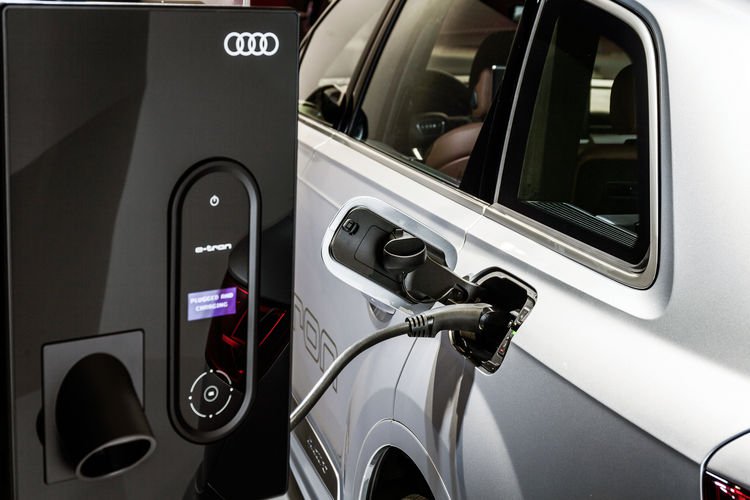Rather than having a shorter lifespan than internal combustion engines, EV batteries are lasting way longer than expected, surprising even the automakers themselves.
EVs are practically worthless secondhand, because the huge batteries will need expensive replacement after a few years. At least, that’s what some articles or forum discussions in recent years may lead you to believe. However, while secondhand prices for EVs have been plummeting, evidence is building that their batteries could last longer than the eight-year warranties most come with. In fact, they could still be very usable even after 20 years, potentially giving full-electric cars a longer useful life than many fossil-fuel equivalents.
“There is an immense amount of consumer concern around the state of the battery that you buy in a secondhand vehicle,” says James Wallace, cofounder of Fortescue’s battery intelligence division Elysia. His company, formerly Williams Advanced Engineering prior to the Fortescue acquisition, has been developing software to optimize battery performance in intensive-use situations such as motorsport (including Formula E), mining, and for automaker JLR. Wallace is hoping Elysia’s technology will filter down to the mainstream, to help “give consumers more transparency on the secondhand batteries that they buy.”
People base assumptions on existing experience. When it comes to battery longevity, that’s mostly likely going to be their smartphones. Most of us see the battery life of our handsets start to drop after a couple of years. Apple’s Batterygate likely won’t have helped with the popular image of the durability of lithium-ion cells, either.
Read more: Wired






